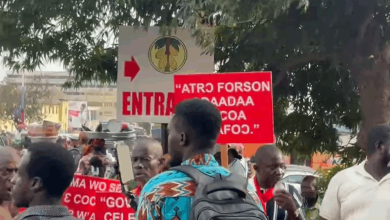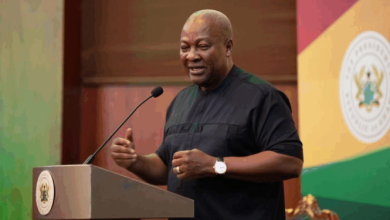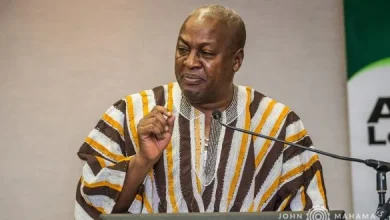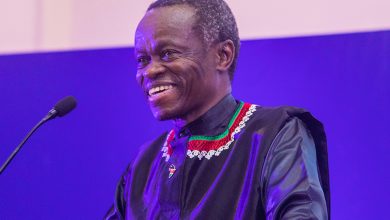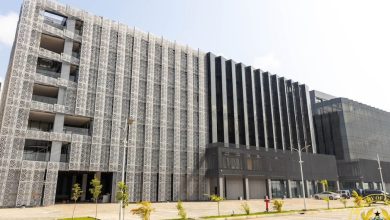COVID-19 Fund mobilises over GH¢57 million
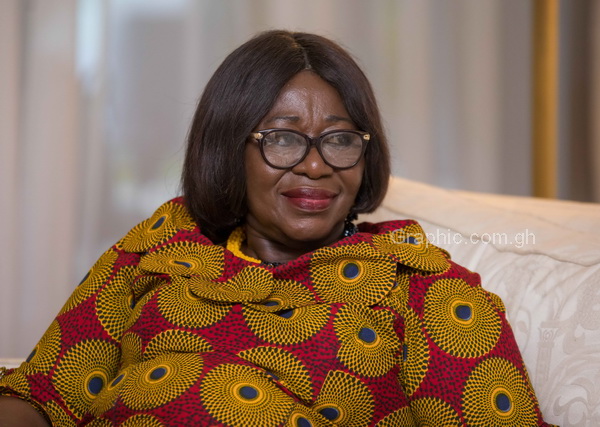
The COVID-19 National Trust Fund had, as of December 15, 2020, received GH¢57.15 million in cash donations, in addition to in-kind donations, from corporate organisations. The Chief of Staff, Mrs Akosua Frema Osei-Opare, who announced this at the 72nd annual New Year School, said out of the amount, the fund had so far disbursed GH¢49.29 million for different programmes, including procurement.
The beneficiary institutions are the Ghana Health Service, selected hospitals and health facilities, COVID-19 care management centres, isolation, laboratory and testing centres, selected associations, care homes and orphanages, among others. Mrs Osei-Opare was speaking on the topic: “Coordinating the business of government during the COVID-19 pandemic: Lessons for Ghana’s development”, at the University of Ghana last Tuesday.
The two-day programme was organised by the School of Continuing and Distance Education of the College of Education of the university on the theme: “Building Ghana in the face of global health crises”.
Capacity constraints
Mrs Osei-Opare said the COVID-19 pandemic had led to capacity constraints in the delivery of essential public goods and services, especially in the health sector. “The virus has adversely affected infrastructure, security, public order, health, social protection and assistance, education, housing, labour and, indeed, every element of societal well-being.
“The resulting skills gaps, capacity deficits and lost jobs and economic opportunities will require more creativity by the government in future,” she said. She said the way forward for the country was to rely more on technology, innovation and digital governance to produce goods and render services.
“To do so, the government, in collaboration with the private sector and international development partners, has put in place measures to ensure that the digital divide is addressed. “The COVID-19 pandemic has also illuminated the importance of government-society relations and the need for trust between citizens and their government,” she added.
Mrs Osei-Opare said in the midst of the challenges, the government, in line with its obligations under international human rights law, was committed to upholding the rule of law, accountability, democratic processes and good governance.
Extraordinary responses
She further said the pandemic had pushed governments across the world to initiate extraordinary responses to manage the impact of the virus, which included mandatory quarantine of persons infected and restrictions on social and religious gatherings.
She said the situation also led to the passage of the Imposition of Restrictions Act, 2020 (Act 1012) and various Executive instruments in the country. Mrs Osei-Opare said such measures “have significantly contributed to Ghana and Africa’s relatively low infection rates, compared to other parts of the world”.
Source: Graphic.com.gh

